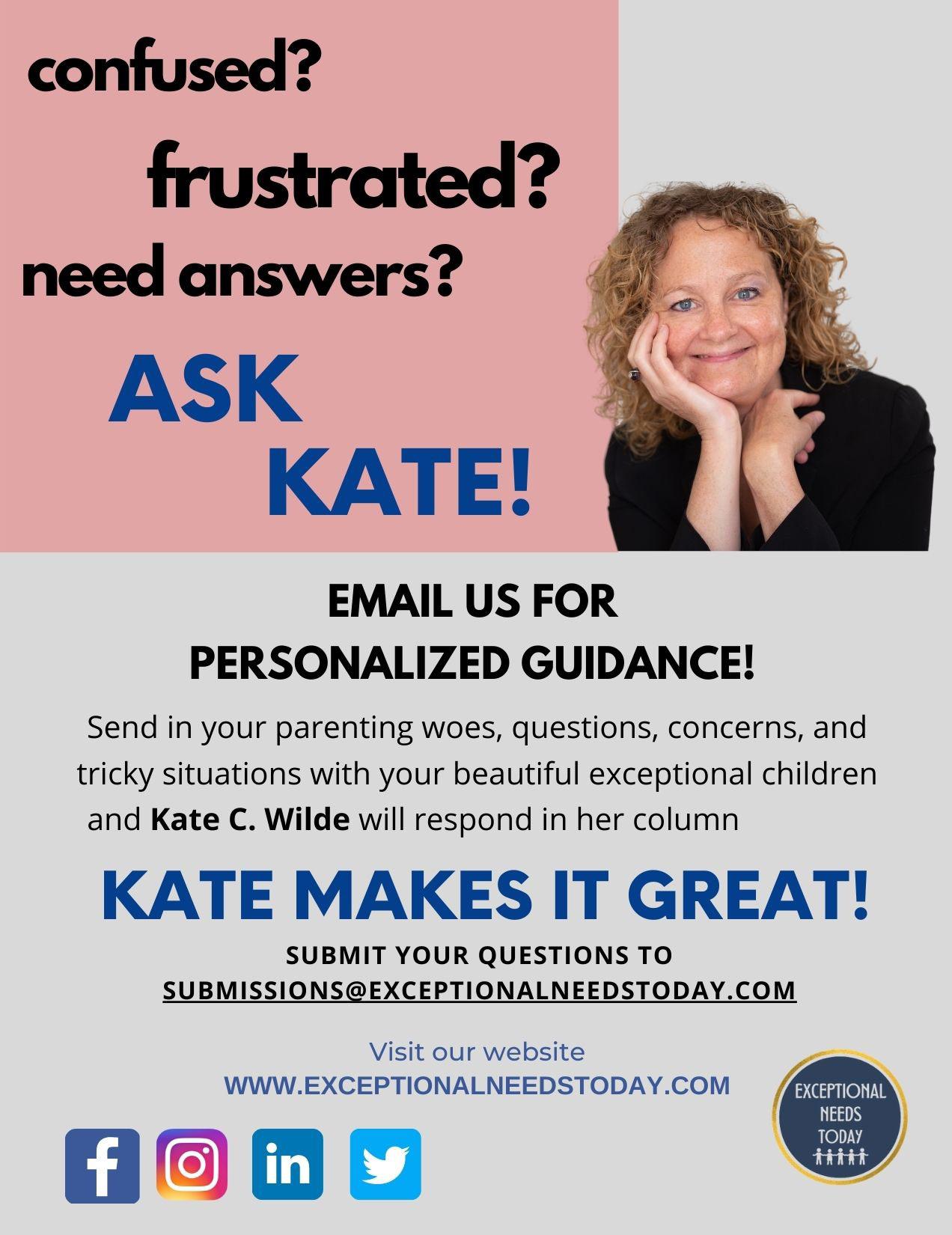
5 minute read
WAYS YOU CAN USE THE SENSE OF SMELL TO IMPROVE COMMUNICATION AND SOCIAL SKILLS
What SLPs determined to be the best methods of use for MindScent®
• Exposure to the included smells can stimulate thought that can emerge into full-blown conversations and entertaining activities.
• Social skills games, memory activities, written or verbal language samples, and writing prompts can be enhanced using MindScent® smells.
• The smells can be used in desensitization therapy or to alert and/or calm children who have sensory processing challenges.
• The MindScent® Smell.Discover.Connect kit can be used by teachers from preschool to high school to teach about the sense of smell.
• Vocabulary, grammar and syntax, critical thinking, articulation, and fluency activities can be built around MindScent®.
• MindScent® activities can be used to improve memory, guessing or conjecture, comparisons, or social interaction.
The smells and picture cards encourage discussion about interests and events.
• Increased utterance with written or verbal language samples can be enhanced using MindScent® smells as prompts.
• MindScent® smells are distinctive. The smells of grass, apples, and watermelon, for example, can be used as reinforcers (rewards) to establish rapport.
REFERENCES
The Proust Effect: The Senses as Doorways to Lost Memories, Cretian van Campen, 2014 Herz RS, Eliassen J. Beland J, & Souza T. Neuroimaging evidence for the emotional potency of odor-evoked memory. Neuropsychologia 42 (2004,) 371-378 Arshamian A, Iannilli E, Gerber JC, Willander J, Persson J, Seo H-S, Hummel T, & Larsoon M. The functional neuroanatomy of odorevoked autobiographical memories cued by odors and words. Neuropsycholigia 51 (2013), 123-131 Ruth Sutcliffe spent more than 30 years in the fragrance industry as a professional scent designer for end uses ranging from soaps and candles, to hair care, and celebrity perfumes. Her quest to use scent for therapeutic purposes began in 2016 after her mother died of dementia-related causes. She developed Essential Awakenings® Smell & Memory activities and kits for seniors living with the disease. During her activity sessions, she realized the distinctive scent prompts she used were unique tools that helped facilitate sociability and conversation among her audience. As a mother of a daughter with a neurological anomaly, she is familiar with the challenges parents and their children face with access to education, therapy, and support. In 2018, she began testing MindScent® methodologies for use with children at a New York City Autism Center, determined to develop a multi-sensory kit that could help educators and speech and occupational therapists who work with ASD children. Website: https://thescentgurugroup.com Email: thescentgurugroup@gmail.com LinkedIn: http://linkedin.com/in/ruthsutcliffe Twitter: https://Twitter.com/Scentguru Facebook: https://www.facebook.com/SpeechTherapyTool, https://www.facebook.com/thescentgurugroup Instagram: https://www.instagram.com/ScentGuruCulture/ YouTube: https://www.youtube.com/channel/ UC0215rl5znxWjYlYcMrG91g

Life-Long Supports to Live Independently When There are Special Needs
By Ryan F. Platt, MBA, ChFC, ChSNC, CFBS
LONG-TERM SUPPORT IS AT THE HEART OF SPECIAL NEEDS PLANNING. IT IS ALL ABOUT ENSURING YOUR LOVED ONE HAS WHAT THEY NEED TO LIVE AS INDEPENDENT OF A LIFE AS POSSIBLE. IN ORDER TO DO THAT, WE MUST UNDERSTAND THE KEY ASPECTS OF LONG-TERM SUPPORTS: A PLACE TO LIVE, THE NEED FOR DAILY OR WEEKLY HELP, AND THE FUNDING RESOURCES NECESSARY TO PROVIDE FOR THOSE LONGTERM SUPPORTS.


• For many individuals with a disability and their families, a place to live can be at the top of list of “things to figure out,” especially when Mom and Dad die or are no longer able to be the primary caregiver. It is common to find seven out of every 10 adults with a disability live with their aging parents, meaning at some point an alternative other than the family home must be discussed and decided. One of the issues that stands in the way is the affordability of housing for individuals with an intellectual/development disability (IDD). For many of these individuals, they live on a small monthly check called SSI, which annualized out does not even reach $10,000 of annual income. This level of income is small enough for these individuals to be priced out of every rental housing market in the United States.
• Long-term support and services are also of the utmost importance in order to help an individual with IDD live in the community instead of a costly institution. Medicaid is the largest funder of these types of services, and it is the home and community based services (HCBS) that are essential to have in order to receive support in the community. Unfortunately, these HCBS are provided through each individual state, and the states are not required to fund them. This design has caused waitlists across the country to accumulate an approximate 500,000 individuals and can be eight to 10 years long as demand for these services continues to build.
• Resources to help pay for a lifetime of support can certainly come from some government benefits, but as noted above, the amount can be lower than expected and the wait time long. To have enough resources, it is critical families start early in understanding the structure of Special Needs Planning and the system that will need to be navigated to provide the best life for their loved ones.
Planning for the future of an individual with an IDD can never start too early. A family must build a structure that will allow for qualification for necessary government benefits including the proper legal, financial, and tax positioning. A family must also have an understanding of the government benefit rules in order to apply at the right time with the correct information because not all benefits will be immediate. This means we must plan for them before they are needed, even before a family may truly know if their loved one will need benefits at all.
Special Needs Planning is a life-long journey of setting a direction, making adjustments as your loved one matures, and being flexible due to changes in tax rules, the legal & economic landscape, and the ever-shifting sands of government benefits.
https://thearc.org/policy-advocacy/community-based-longterm-supports-and-services/ https://thearc.org/policy-advocacy/housing/
Contact a financial advisor who specializes in serving families with special needs for more information on how to prepare for the future. The team at A Special Needs Plan is driven by their purpose of Leading Families to Independence through an on-going, multi-generational plan. We are passionate about families confidently moving forward.
Ryan F. Platt, MBA, ChFC, ChSNC, CFBS, is a registered representative of and offers securities, investment advisory, and financial planning through MML Investors Services, LLC, member SIPC. A Special Needs Plan isn’t a subsidiary or an affiliate of MML Investors Services, LLC, or its affiliated companies. This article is not a recommendation or endorsement of any products.
Website: http://www.aspecialneedsplan.com Phone: 704-326-7910 Location: 101 N. McDowell Street, Suite 120 Charlotte, NC 28204










